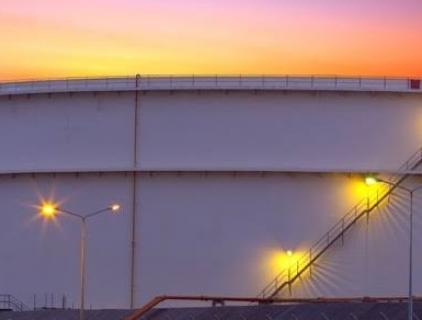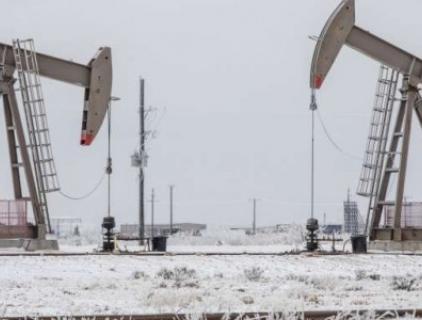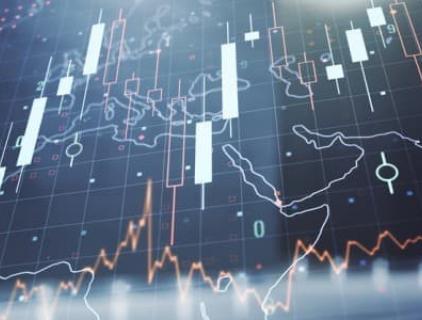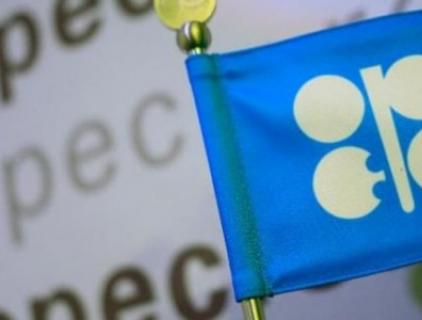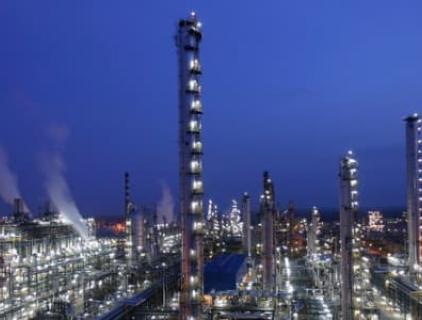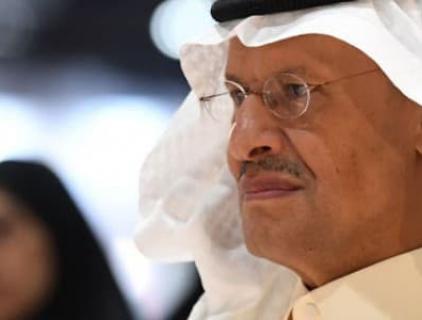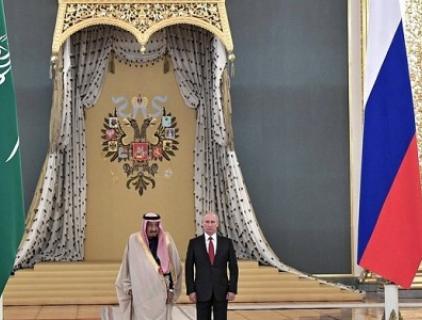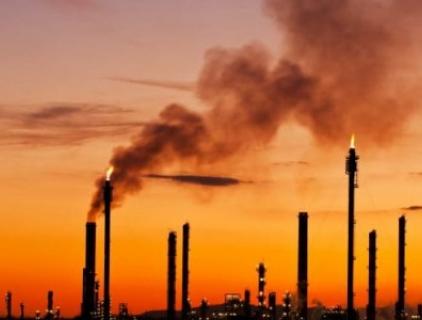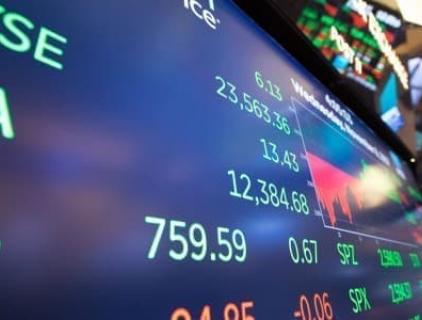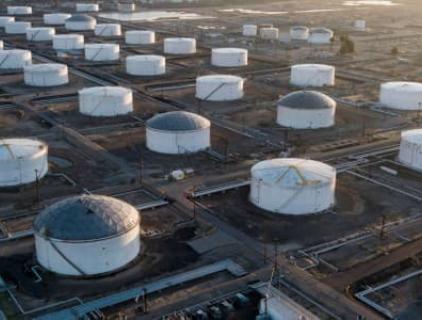Oil And Gas Companies Set For Record Free Cash Flow This Summer
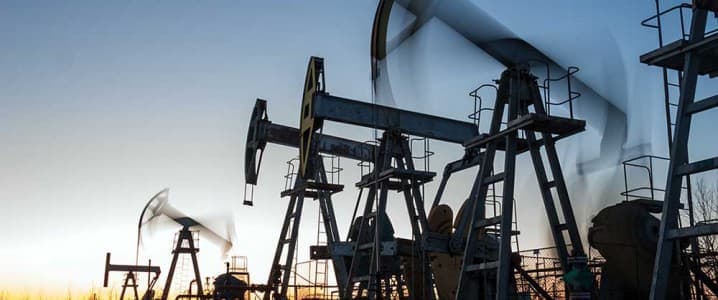
With oil trading above $70 per barrel while investment activity remains low, the world’s publicly traded exploration and production (E&P) companies are set to generate record-breaking free cash flows (FCF) in 2021, a Rystad Energy report projects. Their combined FCF is expected to surge to $348 billion this year, with the previous high being $311 billion back in 2008.
Rystad Energy estimates that total gross revenue for all public upstream companies is expected to increase by almost $500 billion in 2021, or 55% compared to last year (excluding hedging effects). At the same time, the investment level of these companies is only expected to grow by around 2% in 2021, resulting in significantly higher profits.
A key reason for the all-time-high FCF is the turnaround in the US tight oil industry. Historically, this industry has struggled to generate positive returns, but this could change in 2021. We estimate that all public tight oil companies will to make close to $60 billion in FCF this year, before hedging effects.
The conventional onshore supply segment is in line to earn the highest level of FCF this year at close to $160 billion – but is still behind the record touched in 2011. Both deepwater and offshore shelf are recovering this year, each ending up with close to $60 billion in FCF. However, tight oil is expected to surpass both these offshore segments in 2021.
“Oil demand has gradually increased after the initial shock of the Covid-19 pandemic, and OPEC+ continues to hold back volumes from the market. The consequent high price movement has been further supported by a slow ramp-up in US tight oil activity. In conjunction with the persisting low investment environment, E&Ps are enjoying super-profits,” says Espen Erlingsen, head of upstream research at Rystad Energy.
The FCF comeback means more surplus cash for E&P companies and historically there has been a strong link between FCF and activity levels. Merger and acquisition (M&A) activity has recovered in 2021, with transaction values increasing by around 30% compared to 2020. New projects are also making a comeback: The amount of greenfield investment that has been sanctioned as of June has already matched the full year 2020 total, and we expect the full 2021 level to be double that of last year.





